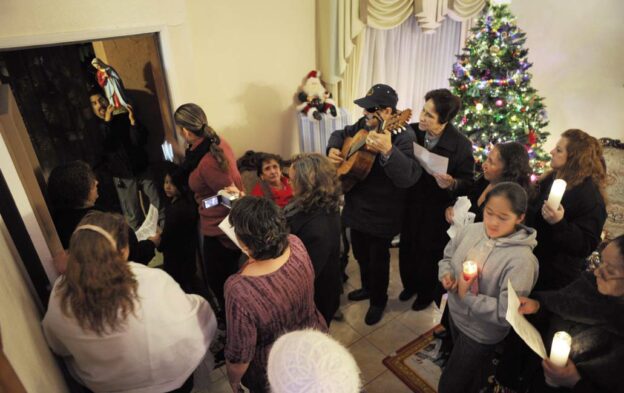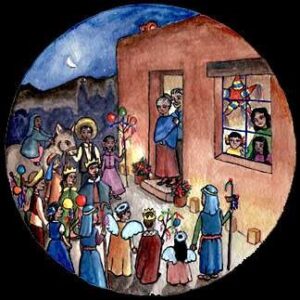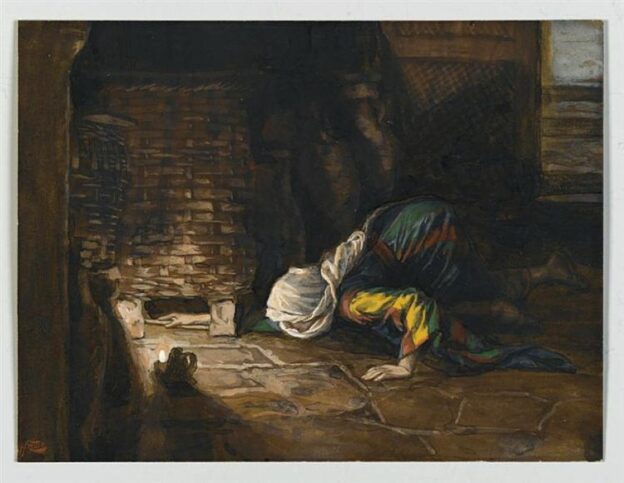What is it like to rest in God’s wide and long and high and deep love for you? If you could choose how God expresses his love to you today, what would you ask for? Consider what the Apostle Paul wrote to some early Mediterranean Christians:
For this reason I kneel before the Father, from whom every family in heaven and on earth derives its name. I pray that out of his glorious riches he may strengthen you with power through his Spirit in your inner being, so that Christ may dwell in your hearts through faith. And I pray that you, being rooted and established in love, may have power, together with all the Lord’s holy people, to grasp how wide and long and high and deep is the love of Christ, and to know this love that surpasses knowledge—that you may be filled to the measure of all the fullness of God.
Now to him who is able to do immeasurably more than all we ask or imagine, according to his power that is at work within us, to him be glory in the church and in Christ Jesus throughout all generations, for ever and ever! Amen. – Ephesians 3: 14-21
God promises to strengthen us in our inner being. Take a moment to consider your inner being. What part of you – soul, spirit, mind, emotions, memories, fears, desires – would benefit from God’s strengthening? What efforts have you made to try to strengthen yourself? What have those results looked like? Talk to God about your willingness to surrender your core being to his work.
God’s strength becomes available to us when we are rooted and established in his love. In what other things are you tempted to root yourself? What in your life makes you feel secure and established? Ask the Spirit what it means to be rooted and established in God’s love and listen for the answer.
Verse 19 describes, “love that surpasses knowledge.” Where do you picture yourself on the journey of experiencing this kind of love from God? Where would you like to be? The author’s prayer is that you would be able to experience – grasp and know – this love.
God’s promise to strengthen us at the core is part of his plan to enable us to fully receive his love. How have you already experienced God’s love? What aspects do you long to experience? What parts of your heart, mind and soul would need to be strengthened in order to receive the love of God?
God is able to do, “immeasurably more than all we ask or imagine.” In what situation are you waiting for God to work? Take a moment to imagine what more would look like. How does it feel to release the plan and outcomes into his care?
Leave this time trusting that the Spirit will root and establish you in God’s love.











